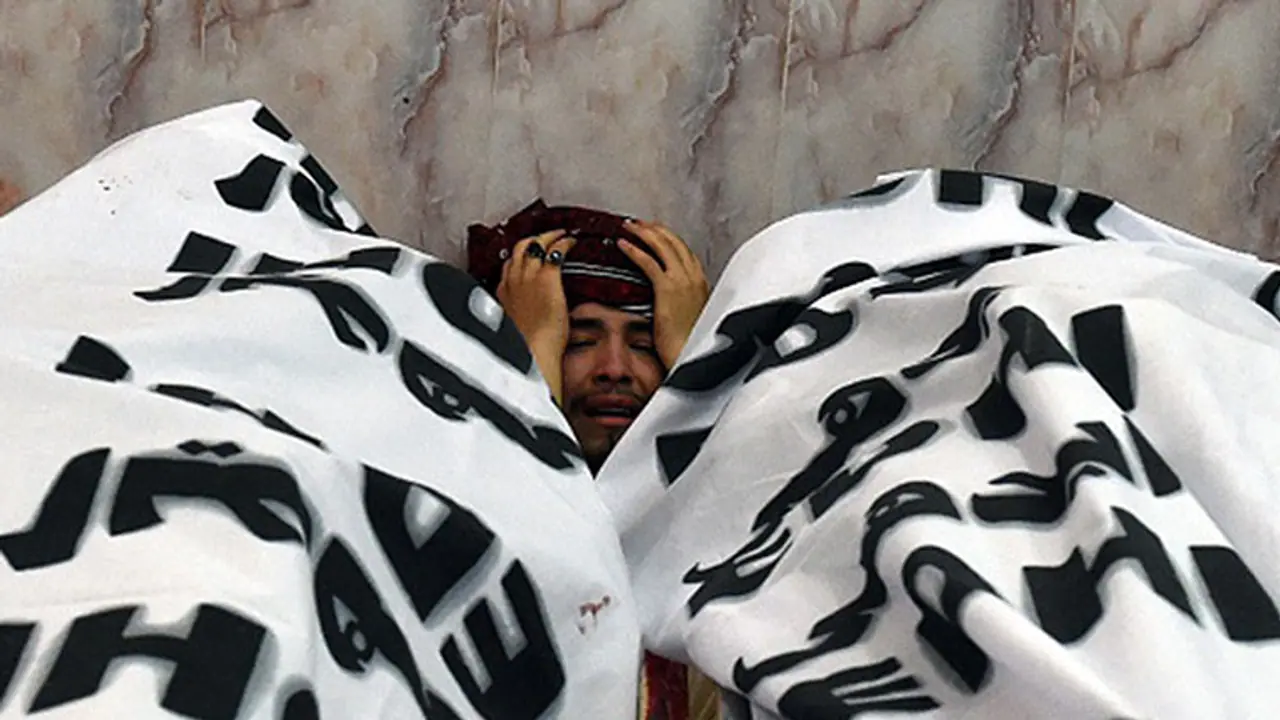For Shias in Pakistan, Muharram is a period when they are brutally murdered. Most of the attacks in the past were carried out by Sunni groups affiliated with banned organisations
On Friday night, Oct 8, the trustee of an Imambargah, Mansoor Zaidi, was shot dead and his son, Ammar Zaidi, critically wounded in the Gulistan-i-Jauhar, Karachi.

The shooting followed by a similar gun attack on two persons, Jawwad and Haider, who were waiting outside a home in Gulshan-i-Iqbal Block 3, Karachi, to pick up women returning from a majlis.
The twin attacks targeting members of the Shia community triggered protests in Gulistan-i-Jauhar and later at Numaish Chowrangi.
On Tuesday, Oct 5, four Shia Hazara women were killed in Quetta when gunmen opened fire on a bus they were travelling.
Police saw the incident as a sectarian attack, which has revived memories of deadly assaults on the community. Over the years, Quetta has witnessed a number of attacks on the Shia Hazara community claimed by militants belonging to banned sectarian organisations.
Apart from numerous sporadic attacks on people belonging to the Shia Hazara community over more than a decade, the community has also been targets of massive assaults.
On Feb 16, 2013, a bomb blast at a market in Hazara Town left 89 people dead. As many as 81 people were killed and 121 injured in suicide and car bomb blasts in Alamdar Road area in January 2013. Militants gunned down 26 people belonging to the community when they were travelling in a bus near Quetta on Sept20, 2011.
In September 2010, a suicide bombing during a Shia rally in Quetta killed around 50 people and injured many others. In March 2004, an Ashura procession was attacked in the city, which left 42 people dead and many injured. Most of the victims were Hazaras.
For Shias, Muharram is a period of mourning to mark the death of Imam Hussein, a grandson of the Prophet Mohammed. To mark the day they hold long processions where they flagellate, beat or cut themselves to show their grief.
Ahead of Muharram, anticipating more violence, the provincial authorities have already banned movement of Shia and Sunni speakers.
The list issued by the Sindh government on Tuesday includes around 300 names that just goes to show how pervasive is faith-based violence. Islamabad has imposed a ban on a number of clerics from different sects to ensure that communal peace prevails.
The battle against militancy, undertaken by Pakistan a little over two years ago has done nothing to dent the capabilities of the terror groups who roam around freely. Reportedly, most of the attacks in the past were carried out by Sunni groups affiliated with banned organisations, such as the Taliban or Lashkar-e-Jhangvi, which wants to drive all Shias out of Pakistan.
Kishalay Bhattacharjee is a senior journalist and author. His most recent book is Blood on my Hands: Confessions of Staged Encounters (Harper Collins 2015). The views expressed here are his own.
